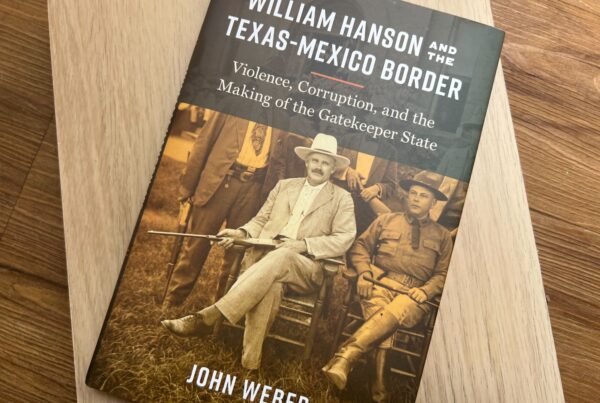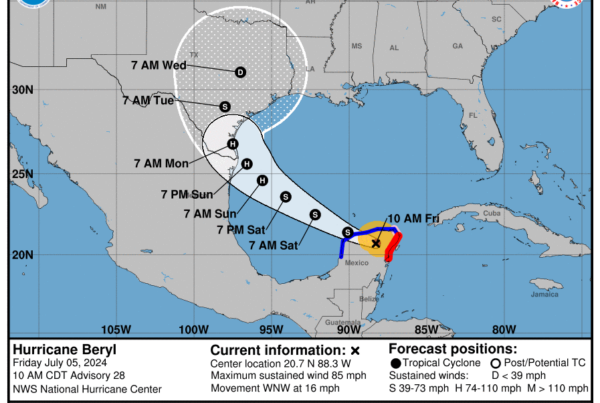The U.S. Supreme Court has agreed to hear a challenge to a Texas law that requires porn sites to verify the age of their users and to prevent minors from accessing them.
A coalition representing the adult entertainment industry challenged the law. After the Fifth Circuit Court of Appeals ruled in March that the state could enforce the measure, Pornhub, which is among the internet’s most popular websites, blocked access to all Texas users.
Amy Sanders is an associate professor of journalism, and of law, at the University of Texas at Austin. She says the law’s challenge to the Constitution’s First Amendment could lead the Supreme Court to decide that the Texas law is invalid. Listen to the interview above or read the transcript below.
This transcript has been edited lightly for clarity:
Texas Standard: Let’s talk a little bit about the law that’s being challenged here. What exactly does the Texas law require from adult-oriented sites, and is it specific to those that primarily provide pornography?
Amy Sanders: There are really two things that are at issue in this particular law.
The first was a requirement that the sites which primarily cater to sexually-oriented content display a warning label of sorts that would warn users that pornography is bad for them. That, of course, was struck down by the Fifth Circuit.
But the second part of the law is what’s going to be an issue with the Supreme Court, and that’s a requirement that all users of the site provide government photo ID to verify their age.
When you say “government photo ID,” they are expecting you to scan in a driver’s license or something like that?
Absolutely. So the site would be responsible for verifying that users are over the age of 18 in order to access the sexually-explicit content.
» GET MORE NEWS FROM AROUND THE STATE: Sign up for Texas Standard’s weekly newsletters
On what basis did the Fifth Circuit uphold that provision and not, say, the statement when you first visit the site saying that pornography is bad.
So the really interesting part of the Fifth Circuit’s decision is that they use the lowest level of legal scrutiny, which we call rational basis review, to determine that the age verification requirements didn’t unduly burden user’s constitutional rights.
But there was actually a dissent in that case. And Judge [Patrick] Higginbotham said that, no, that’s not the standard that we’re supposed to apply in cases that involve First Amendment rights. We’re actually supposed to apply strict scrutiny.
That’s the highest standard for constitutional review.
That is the highest standard for constitutional review. And Judge Higginbotham says there’s no way that requiring adults to upload this photo ID, which has private information – we know that there are security concerns on the internet – is appropriate to access what is permissible content for adults to access.
So is this kind of law, which would require some kind of age verification, is that really unique to Texas? Does any other state have anything like it?
It’s actually not unique to Texas. The first one of these laws was passed in about 2002 by Louisiana. But we’ve seen 19 states in all pass similar types of age verification laws.
And how have those fared when they’ve been challenged, or have they been challenged?
So this is the first big challenge that we’re seeing.
The Free Speech Coalition came in. It’s an industry group that represents adult entertainment. They came in and specifically wanted to challenge this Texas law, I think in part because of the health label that was seen as particularly troubling. But data also showed that after the Louisiana law took effect, Pornhub lost 80% of its business because of the age verification requirement.
It seems to me that a lot of this may turn on how the court sees this as a First Amendment case or some sort of lower level issue than the fundamental right that’s guaranteed by the First Amendment freedom of speech, right?
The fundamental question here is whether or not we can put obstacles in between adult users and their ability to access legal content.
Time and time again, in these kinds of cases, we have seen the Supreme Court apply that highest level of scrutiny and declare most of these laws to be unconstitutional. So I suspect we’ll see this Texas law fall, as well.















